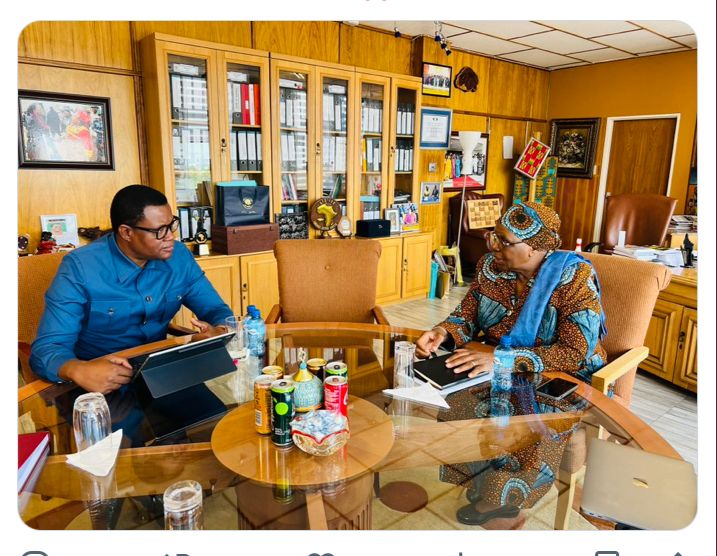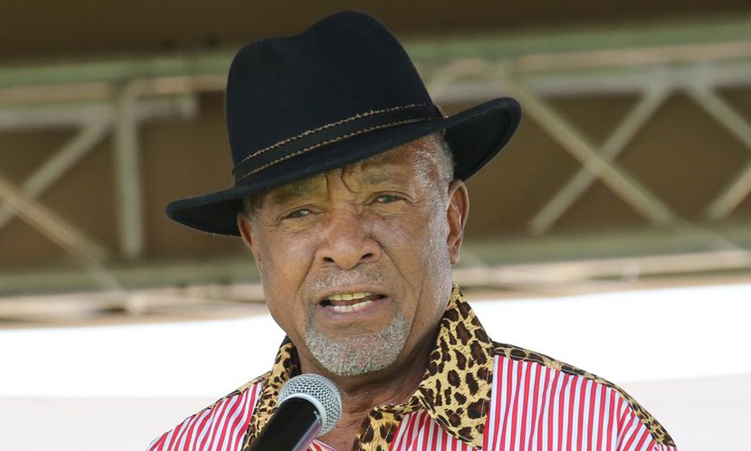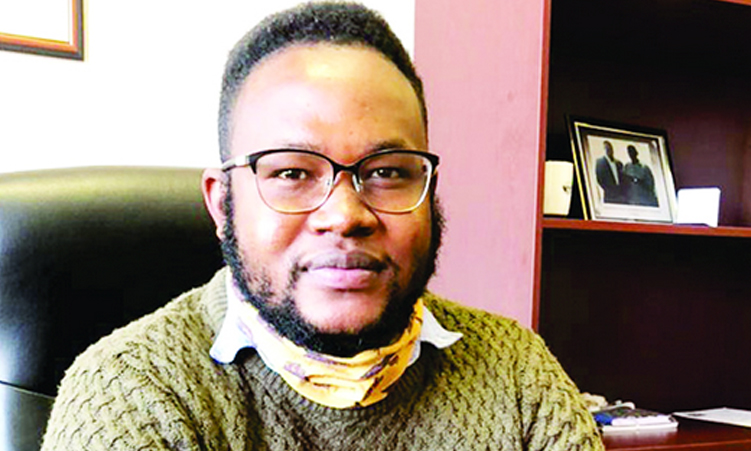On 4 JUNE, the US House of Representatives voted to pass legislation that would sanction International Criminal Court (ICC) officials.
This was in response to ICC prosecutor Karim Khan applying to the court for warrants to be issued for the arrest of Israeli prime minister Benjamin Netanyahu, defence minister Yoav Gallant, as well as three Hamas officials, including Yahya Sinwar.
Sinwar is the leader of Hamas in the Gaza Strip.
The submissions first need to be assessed on merit and be approved by a panel of three judges from Romania, Benin, and Mexico before the warrants can be issued.
With Netanyahu’s fierce criticism of events as a “moral outrage of historic proportions”, and given the involvement of the United States, which is considered Israel’s strongest ally, one wonders what the effect of such warrants, if issued, will be for the Israeli and Hamas leaders.
In assessing their effectiveness, we should first consider what the ICC is and what it advocates.
JURISDICTION
The ICC is a permanent judicial institution established to prosecute individuals for the most serious offences of international concern, including genocide, crimes against humanity, war crimes and the crime of aggression.
The court derives its authority from the Rome Statute which has been ratified by 124 countries.
Palestine, although not internationally recognised as a state, also ratified the treaty (in 2015) and is, for purposes of the court, also a member.
However, countries such as the United States, China, Russia and Israel are not party to the treaty.
The ICC’s jurisdiction is confined to crimes committed on the territory of member states or by their nationals, unless a situation is referred to it by the United Nations Security Council.
Although the ICC provides a mechanism for accountability when national courts (of member and non-member states) are unwilling or unable to prosecute these grave crimes, the ICC is nonetheless governed by the principle of complementarity.
This expressly denies it the authority to be the primary investigator or prosecutor of any individual who is subject to legitimate investigation and prosecution by his or her nation.
It is under this complementarity principle that the jurisdiction of the ICC has been questioned by Israel, Britain and particularly by the US state department.
In its media brief in response to the request for the warrants of arrest, the US state department claims that in fact Israel (and consequently the US) have more jurisdiction to prosecute individuals for war crimes in Gaza.
Therefore, according to the US, if the Palestinians have complaints about war crimes in Gaza, they should go to Israel or the US.
OPERATIONAL FAIRNESS
Over the years, the ICC has faced allegations of political bias, in particular because of the absence of superpower participation.
It has led to criticism that the ICC disproportionately targets weaker states and African nations, while being unable to hold powerful countries such as the US and Israel accountable.
Critics argue that the ICC’s actions are influenced by geopolitical interests: Some cases are perceived as serving the political agendas of its member states or responding to international pressures rather than strictly adhering to legal principles.
In addition, the selective enforcement of its mandates and the reluctance of powerful non-member states to cooperate with, or recognise the court’s authority, exacerbate perceptions of bias.
These challenges are considered to undermine the court’s credibility and effectiveness in administering impartial international justice, highlighting the need for reforms to enhance its legitimacy and operational fairness.
With the absence of an ICC policing force and the reliance on member states to effect arrests if individuals with warrants of arrest enter their jurisdiction, one wonders whether states are willing to face the wrath of countries such as the US.
CLASSIC CASES
Classic examples include Donald Trump’s administration which, in 2020, accused the ICC of infringing on US national sovereignty when it authorised an investigation into war crimes committed in Afghanistan.
The US targeted court staff, including then-prosecutor Fatou Bensouda, with asset freezes and travel bans.
It appears the same pressure is being exerted on ICC officials over the current Gaza war warrants of arrest request.
Another is the US-South Africa Bilateral Relations Review Act.
This was introduced in the US House on 6 February and mandates a comprehensive review of the bilateral relationship between the United States and South Africa, which some view as intimidation.
Compared to the US’s reaction to the ICC issuing a warrant of arrest for Russian president Vladimir Putin, for which they advocated and welcomed, it appears international law only applies when it is convenient for the US and its allies.
Therefore, the reluctance of powerful non-member states to cooperate with or recognise the court’s authority exacerbates perceptions of bias.
REALITY BITES
While international law aspires to provide a framework for global peace, security and human rights, its efficacy is often compromised by the political realities of state sovereignty and the influence of powerful nations.
The selective enforcement and resistance from countries like the US highlights the ongoing struggle to impartially uphold the principles of international law.
To truly function as law, international legal mechanisms must be strengthened and reformed to ensure accountability, regardless of political power.
Until then, the ideal of universal justice remains an aspirational goal, challenged by the prevailing dynamics of global power and geopolitics.
As a result, the question of whether international law is truly law when power prevails is starkly illuminated by the challenges faced by the ICC in dealing with powerful nations and their allies.
The case of the ICC’s attempts to hold Israeli and Hamas leaders accountable for alleged war crimes in Gaza exemplifies the inherent limitations and political pressures that can undermine the application of international justice.
To that end, the Gaza conflict indicates that the ICC is “all bark and no bite” when it comes to super nations and their allies.
- *Martha Haludilu is an information and diplomacy specialist.
Stay informed with The Namibian – your source for credible journalism. Get in-depth reporting and opinions for
only N$85 a month. Invest in journalism, invest in democracy –
Subscribe Now!






